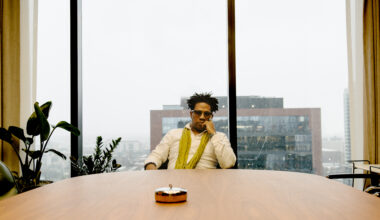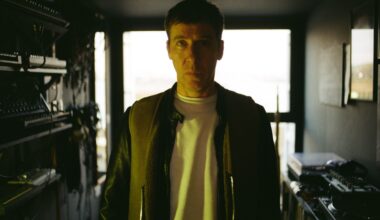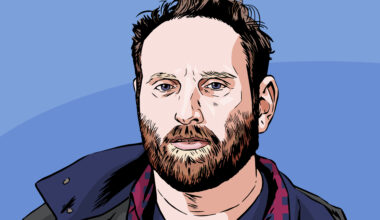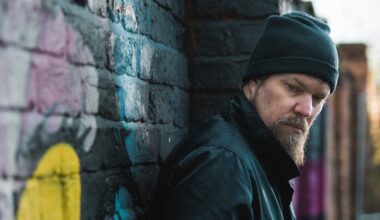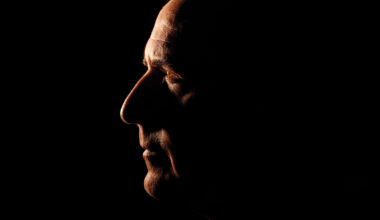Composer, pianist and sonic adventurer Max Richter talks us through a few of his formative influences
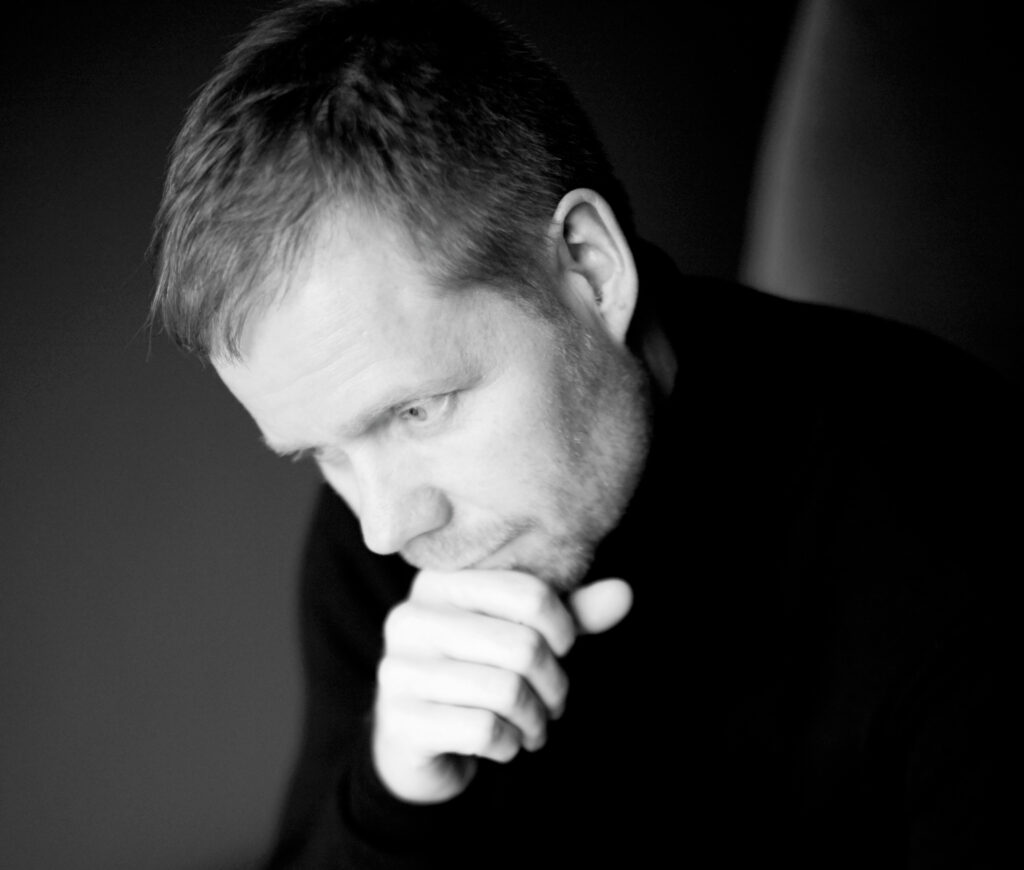
THE GATEWAY DRUG…
“I was into music from an early age. I’m going all the way back to three, four, five years old. One of the first musical experiences that I became aware of was understanding that the sound Bach made was in some way the working out of thoughts or ideas. There was a grammar, there wasn’t just sound and that was incredibly exciting for me. I suppose I would have been five. I was very young.
“My parents weren’t musical, but their collection went from core classical to the most popular rock music, so we’re talking The Beatles, the Beach Boys, which is good enough for me. They’re like the twin peaks aren’t they?
“I started classical training, piano lessons and all that, and it was around the same time that I became aware of the existence of electronic music. I was watching a documentary on the BBC, I would have probably been about 12, and the opening sequence was a lengthy helicopter shot of a boat going down the Amazon and the soundtrack to it was the opening of Kraftwerk’s ‘Autobahn’.
“That was a real light-bulb moment, it was like there was my life before I heard ‘Autobahn’, and my life afterwards. It was as huge as that. I’d never heard a sound like that before. I didn’t know what it was, but because of the way that filter opens up from time to time, it immediately unlocks a universe of sound that was hitherto completely beyond our reach. You can’t do that on a piano. For me, that was it. Kraftwerk was my gateway drug.”
A SOLDERING IRON AND A HOMEMADE SYNTH
“After I first heard Kraftwerk it took me a long time to find out who they were and what was making that sound. Nowadays you’d have just searched on the internet, but there was no internet. Once I’d found out it was a synthesiser, I bought one of those home electronics magazines and started to build my own with a soldering iron in my bedroom. I was 13, it was really difficult and it took me ages.
“Ever since then I’ve had an interest in the electronic side of things in parallel with classical music. The two have always gone together for me. As composers we are always trying to find new ways to tell stories and the most appropriate tools for that are sometimes a string section, sometimes a piano, but sometimes it’s a synthesiser or a tape machine or a computer. I see the whole thing as a continuum.“
LUCIANO BERIO
“I did a degree in music at Edinburgh and then went to the Royal Academy in London and completed my postgrad in Italy with [experimental composer and electronic music pioneer] Luciano Berio.
“At the Royal Academy, they do these composer weeks and he came along. I love his music, it is just very complete. It has all of music history in it somehow so I wrote him this fan letter saying “Please can I come and study with you?”. He wasn’t teaching at that time, but he very kindly, very surprisingly, wrote back to me saying “Come on out”.
“He was a genius, people bandy that word around, but you can use that word of him. He had a musical mind on a very different level to ordinary mortals. At that time I was writing very, very complicated hardcore modernist music with so many notes. It was so dense, black pages covered in impossibly difficult structures and he would open up the score, look at it and go, ‘You want C# in there’. He was able to understand it immediately. It was amazing, absolutely amazing. He was a busy guy so I only saw him a handful of times over the period of a year, but it was one of those totally life changing moments.”
GOING SOLO
“It was a confidence thing in my case. I played in an ensemble called Piano Circus for many years. In a way it was my get out of jail free card. When the composing wasn’t going so well I was able to say, ‘It’s okay, I’m a pianist’. And when the piano wasn’t going that well, I was like, ‘It’s alright, I’m a composer’. But I do love performing so it gave me the opportunity to play music, which is fundamentally a live experience. It’s about that conversation with an audience, in real time. While I did love playing live, being in Piano Circus did stop me doing things on my own… but then maybe I wasn’t ready.”
SLEEP
“‘Sleep’ is quite an extreme project. It’s a sort of manifesto, my summing up of a whole bunch of concerns of what music can be. It is rigorously composed on paper, but it is also hugely electronic and very produced, so it connects the two sides of my work very deeply. In terms of the way the music is structured, ‘Sleep’ is very minimal and ties into ambient and drone music. One of my favourite records when I was younger, again, 12, 13 years old, was ‘Discreet Music’ by Brian Eno. That was very influential for me. So ‘Sleep’ encompasses a number of different enthusiasms and has its roots in my biography.
“Jarvis Cocker said it was his album of the year. He’s a very omnivorous musical thinker. I think we put people in a box too easily. Pulp make a certain sound therefore Jarvis is only interested in that. It’s just how we work, but his radio show is incredibly wide-ranging.
“My interest in sleep comes from a lot of different directions. It’s always been my favourite activity and it’s something that I think is incredibly valuable for everyone, but especially for people who do creative work. Put it this way, an awful lot of work is done offline, while you’re sleeping, right? I do sleep whenever possible. I can fall asleep at the drop of a hat.”
The ‘Retrospective’ collection is out on Deutsche Grammophon
